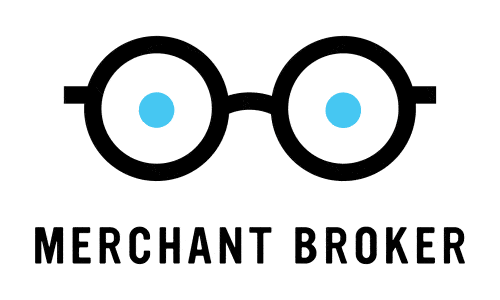Whenever you use your credit card to make a purchase, you may be subjected to extra fees by virtue of using your card. These fees may come as surcharges or convenience fees.
Credit card surcharges most often occur at the point of purchase, and there can be strict rules in terms of which cards can charge such fees. In most places in Canada, credit card companies don’t let vendors surcharge credit card purchases. However, according to the merchant rules set by credit card companies such as Visa, American Express, and Mastercard, eligible merchants can charge a service or convenience fee.
It should be noted, however, that this fee has to be clearly disclosed to card owners before a purchase is completed by them. Cardholders must also be informed that they can cancel their purchase without any penalties should they wish to do so.
It should also be noted that according to Canada’s Code of Conduct for the Credit and Debit Card Industry, merchants can offer discounts if their customers wish to use a payment method that is not a credit card.
While customers do not usually have to greatly concern themselves with these details, it is another story for merchants and payment card networks. For instance, merchants and payment card networks may be subjected to rules in order to ensure transparency and correct policy conduct.
One of these important policy elements is that payment card networks must work together with merchants in order to make sure that merchant-acquirer agreements and monthly statements are both easy to understand and contain enough details.
When it comes to the aforementioned agreements, the cover page should encompass a summary of the contract, as well as a box with the fee disclosure information. This information can include, but are not limited to monthly minimums and administration fees. Payment card networks such as Visa and Mastercard should have these rates and fees easily accessible on their respective websites as well.
Another policy that merchants and payment card networks should take into account is that the former should get a notice of 90 days minimum should there be fee increases, a decrease in interchange rates, or new fees with regards to credit and debit card transactions. Payment card networks should also allow a notice of 180 days minimum before applying any structural changes. This particular policy is in conjunction with how merchants are able to cancel their contracts if payment card networks fail to notify them of the aforementioned changes in time.
As for the choice between accepting either credit card or debit card payments, it is on the payment card network to help ensure that merchants have that choice. For instance, a merchant can choose to accept only credit card payments and not any debit ones.
When it comes to discounts, payment card networks should also let merchants give discounts that are dependant on the payment method. For example, merchants can give their customers discounts depending if the latter party uses cash, a debit card, or a credit card to make a purchase. These discounts must be clearly disclosed at the point of purchase.
In the case that a customer holds a premium credit card, the policy of transparency continues to be applied. These cardholders should be well-defined individuals based on their spending habits and income. When a payment card network wishes to delegate a new debit or credit cardholder, they should make sure that the cardholder gives consent to it.
When considering a preferred method of payment, whether you are a merchant or a consumer, it is important to take the fine print into account. Convenience fees and methods of payment can vary between different payment card networks, and one should conduct thorough research before accepting a contract.
Here at Merchant Broker, we believe in upholding a policy of transparency as well. If you have any questions about methods of payment and surcharging laws in Canada, then please do not hesitate to contact us. Our team members may be reached at +1 888-668-0733.
